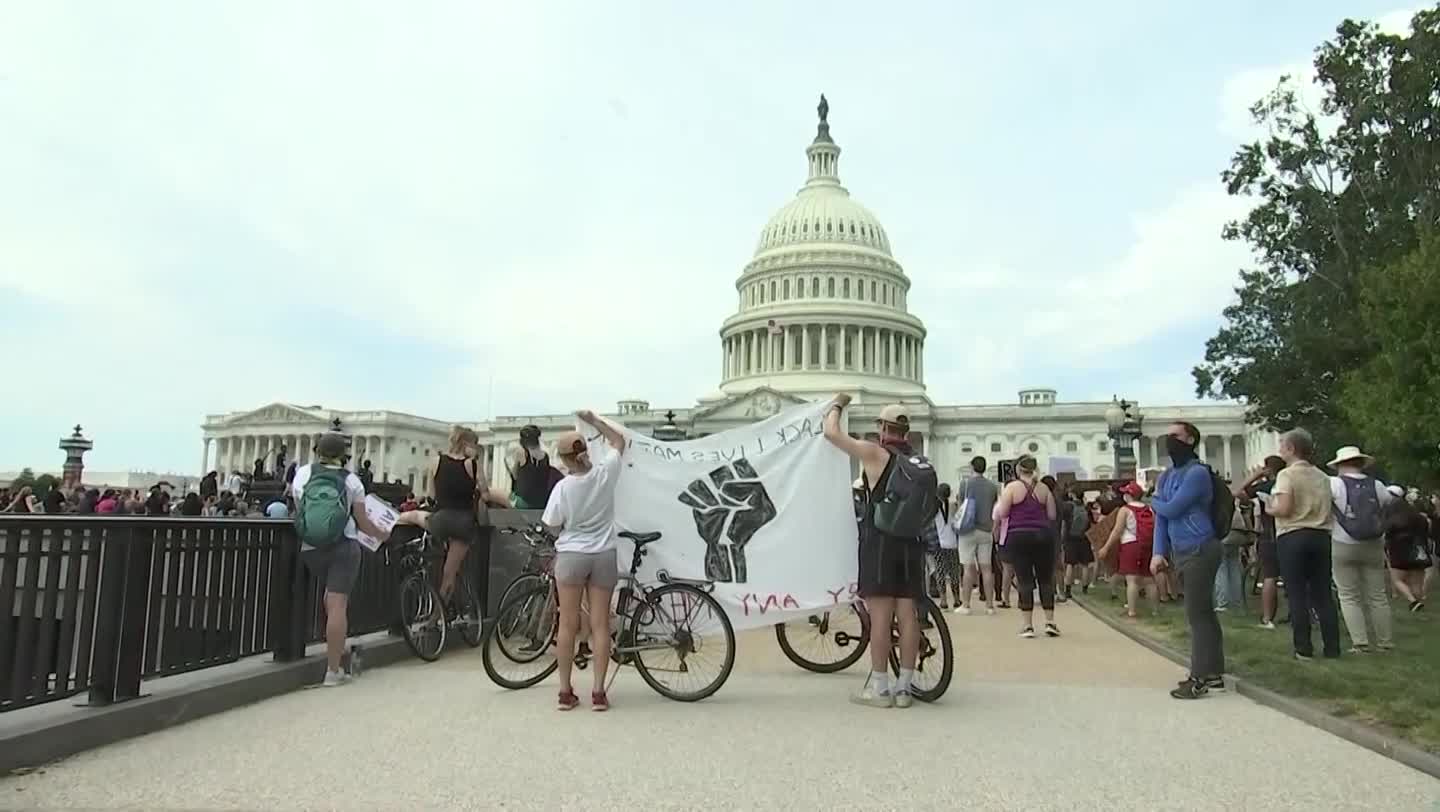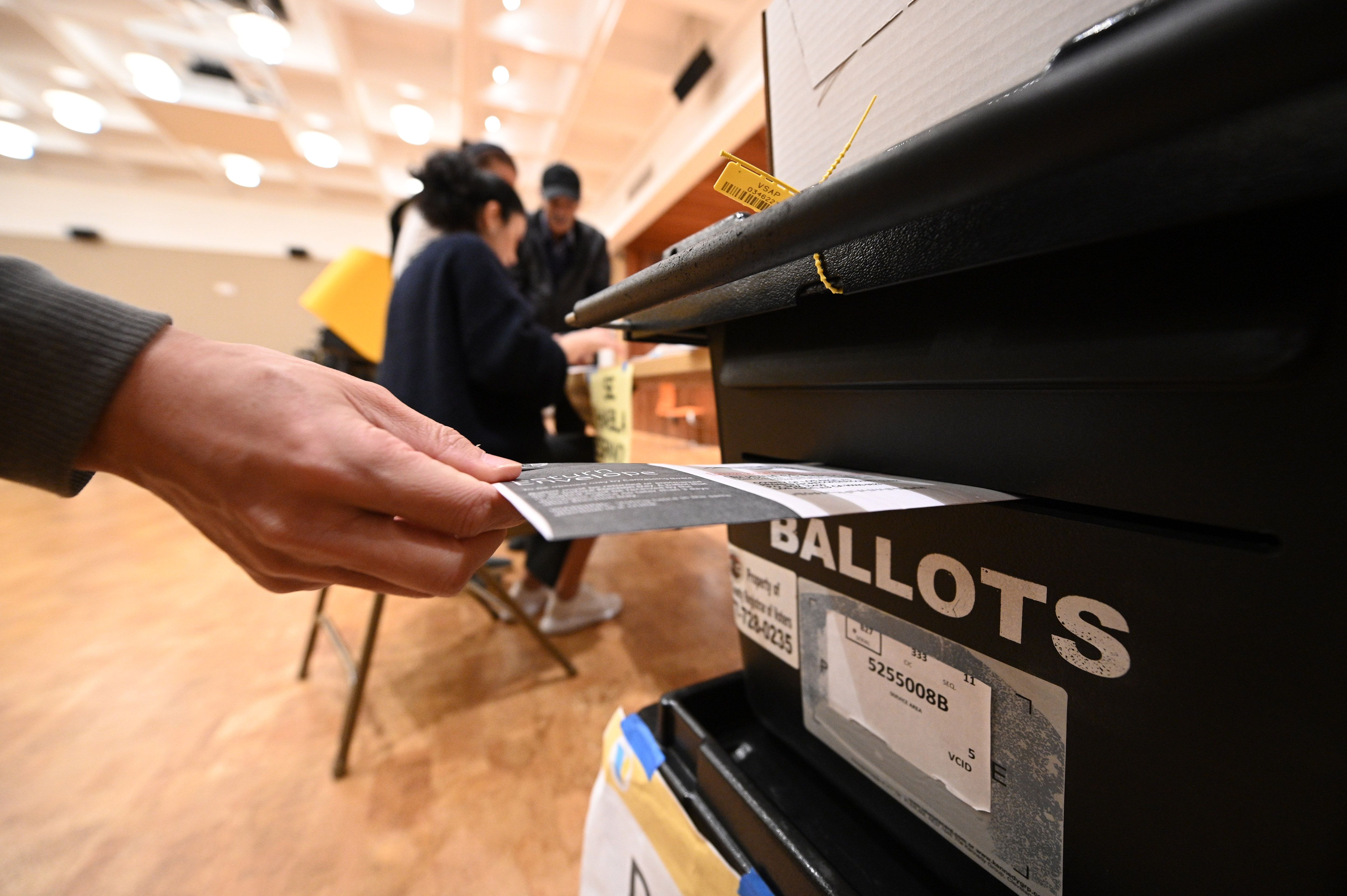OKLAHOMA CITY – A plan to fund a teacher pay raise could be heard on Wednesday in the Senate, lawmakers confirm.
HB1010XX, a $447 million tax increase plan, passed the House late Monday evening by a vote of 79-19. It needed 76 votes to pass as a revenue-raising measure, which had not been done since 1990.
The plan offers an average $6,000 pay increase for all teachers, but it starts at $5,000 for first-year teachers and is expected to gradually increase over time. In a a video posted on Facebook Tuesday, state superintendent Joy Hofmeister explained this meant teachers who have been serving for a longer period of time will receive more.
“So, for example, a 25 year veteran teacher would see an increase of $7,700 in the first year. This would happen right away. This also impacts retirement,” said Hofmeister. “But it’s not just teachers. We saw $1,250 for support staff and that’s across the board for all support staff, as well $33 million for textbooks. You know we need that.”
Alicia Priest, president of the Oklahoma Education Association (OEA) said a planned walkout by teachers is still on for April 2.
“28 percent cuts over the last 10 years – those are historical cuts. It’s going to take historical action and forward thinking in order to solve this problem,” Priest said. “We asked for $10,000 over three years. This gets us part of the way there, and so we need to have the Legislature guarantee that we are still working to get to that.”
Priest said the plan also does not address operational funding for schools, adding passage in the House was only one hurdle that needed to be overcome. The plan must also pass the Senate and be signed by Gov. Mary Fallin.
House 1010XX includes:
- 5 percent gross production tax (GPT)
- Motor fuel tax: 3 cents on unleaded, 6 cents on diesel
- $1 tobacco tax, rather than $1.50 as previously proposed
- $5 hotel/motel tax on any room booked in Oklahoma
Judy Mullen Hopper, a retired teacher, said she understands the OEAs frustrations but the plan is a step forward nevertheless.
“We have promises from people down here (capitol). They (lawmakers) know teachers are actively involved now, so this is not just going to go away overnight,” Mullen Hopper said. “I know we will be seeing more and more bills down the road, so teachers will have more increases in their salary but, for right now, this is a good start.”
Sen. John Sparks, D-Norman said Senate members are carefully reading the series of bills which were passed in the House on Tuesday. According to Sparks, they have already some inconsistencies between measures and are eyeing things like the newly-proposed taxes on hotels and motels.
“One of things that Oklahoma has done well over the last 10 years is the Bricktown district, and to suddenly slap a tax on that would put that on an economic disadvantage with other cities,” Sparks said. “There’s no real rush on our side to do this wrong. We want to be thoughtful.”
As Senate republicans, Sen. Greg Treat, R-Oklahoma said they are also in the process of speaking with members. Treat said they are open to speaking about gross production tax.
“We haven’t taken up the 5 percent number. We’re still talking to our caucus, still talking to the minority caucus on that,” he said. “The hotel/motel tax is new to us, so we’re still gathering information on that, much like you probably are so I can’t intelligently speak where our caucus is yet.”
Regarding HB1010XX, Governor Mary Fallin released the following statement to News 4:
“I applaud the bipartisan support shown in the House of Representatives by passing House Bill 1010XX. I appreciate the House members choosing to put people over politics by approving this package of revenue measures to fund teacher pay raises as well as provide additional money for the classroom. Finding new revenue has been very tough and made even more difficult because revenue-raising measures require three-fourths votes to pass. This budget package helps set us on a path to long-term sustainability and stability by making more recurring revenue available and helps us to stop balancing our budget with one-time funds.”

























